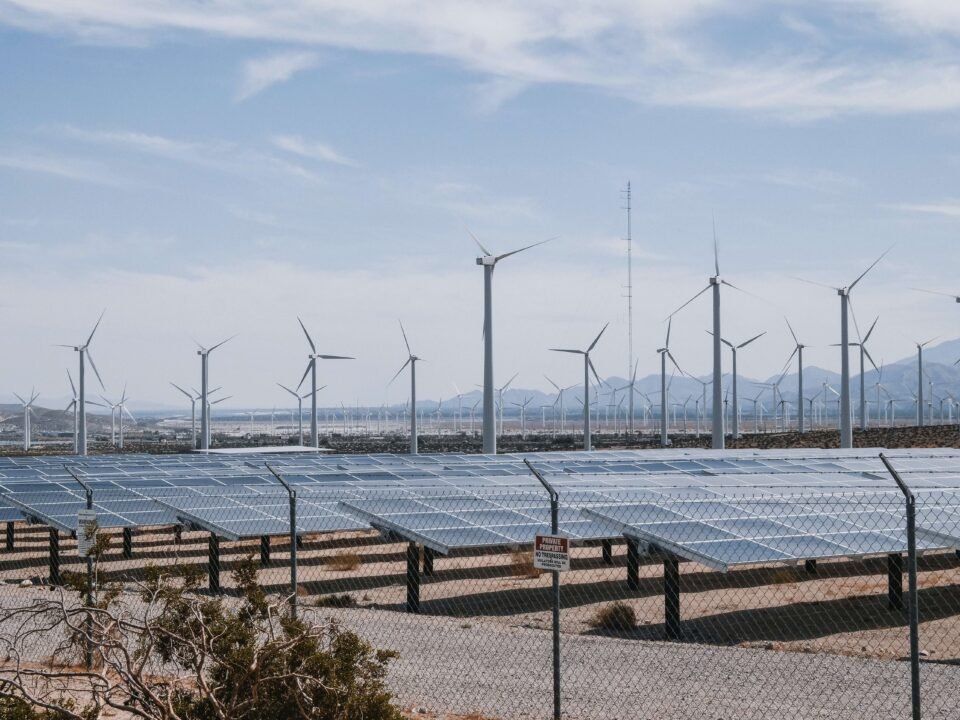Introduction:
In the quest for sustainable and renewable energy sources, solar power has emerged as a frontrunner, offering a clean and abundant alternative to traditional fossil fuels. Among the various solar solutions, hybrid solar systems have gained prominence for their ability to provide a more consistent and reliable energy supply. Combining the strengths of photovoltaic (PV) panels and solar thermal technology, hybrid solar systems represent a promising frontier in the transition towards greener energy.
Understanding Hybrid Solar Systems:
Hybrid solar systems seamlessly integrate two distinct technologies – photovoltaic panels and solar thermal collectors – to maximize energy production and address the intermittent nature of solar power. Photovoltaic panels convert sunlight into electricity, while solar thermal collectors capture and utilize the sun’s heat for various applications, such as water heating or space heating.
Benefits of Hybrid Solar Systems:
- Increased Efficiency: By combining both solar technologies, hybrid systems can operate more efficiently than standalone PV or solar thermal systems. The synergy between the two components ensures that energy production remains more consistent throughout the day, overcoming the inherent limitations of intermittent sunlight.
- Enhanced Energy Storage: Hybrid solar systems often incorporate energy storage solutions, such as batteries, to store excess electricity generated during peak sunlight hours. This stored energy can be utilized during periods of low sunlight or at night, providing a reliable and continuous power supply.
- Diverse Applications: The versatility of hybrid solar systems allows them to cater to a wide range of energy needs. Whether it’s electricity generation, heating water, or space heating, these systems can be tailored to meet the specific requirements of residential, commercial, or industrial settings.
- Reduced Environmental Impact: By harnessing solar energy, hybrid systems contribute to a significant reduction in greenhouse gas emissions and reliance on conventional energy sources. This transition to cleaner energy sources aligns with global efforts to combat climate change and promote sustainable development.
- Cost-effectiveness: Over time, the cost of solar technology has been decreasing, making hybrid solar systems increasingly cost-effective. The long-term benefits, including reduced energy bills and potential government incentives, make these systems an attractive investment for both homeowners and businesses.
Challenges and Future Prospects:
While hybrid solar systems offer numerous advantages, challenges such as high initial costs and the need for sufficient space can pose obstacles to widespread adoption. However, ongoing advancements in technology, coupled with increased awareness and government support, are likely to address these challenges and drive the mainstream adoption of hybrid solar systems.
Conclusion:
Hybrid solar systems represent a significant step forward in the evolution of renewable energy solutions. By seamlessly integrating photovoltaic and solar thermal technologies, these systems offer enhanced efficiency, reliability, and versatility. As the world strives to reduce its carbon footprint and transition towards sustainable energy practices, hybrid solar systems stand out as a beacon of hope, harnessing the boundless power of the sun to create a cleaner and more sustainable future.




